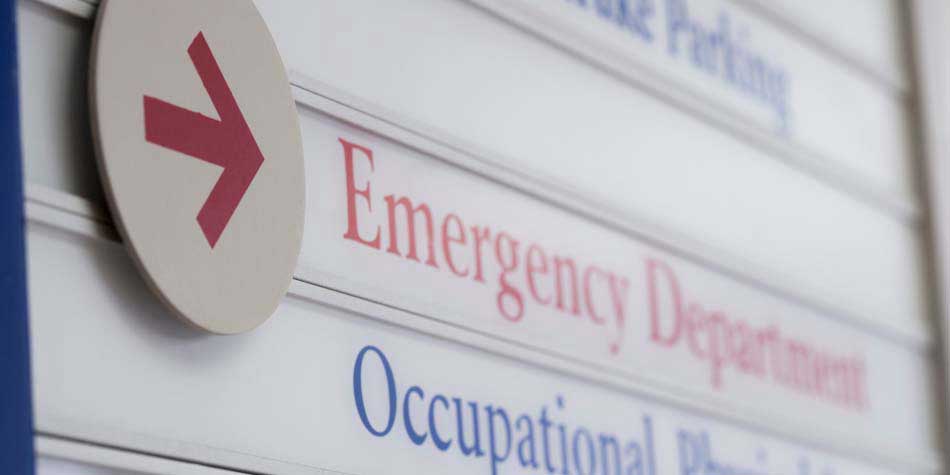
Here’s some insider information from ER staff that could make the difference between a successful ER visit and a nightmare.
-
Don’t drive if you think you’re having a heart attack.
-
Don't hang up on 9-1-1 right away.
-
Avoid the ER’s busiest times if possible.
-
Bring a list of your medications.
-
Yes, get totally naked under the gown.
-
Stay in bed.
-
Ask questions.
-
And then write down the answers.
-
Schedule a follow-up before you leave.
Call 9-1-1. If you drive yourself, you might lose consciousness at the wheel.
The operator may need to give you instructions that could save your life before the ambulance arrives.
You may have heard that nights and Mondays are busiest overall. But if your emergency isn't life-threatening and you have time to check, the smartest strategy is to check your local hospital’s wait times posted online before you hop in the car.
To avoid dangerous interactions, bring a list of all your medications, the dosages and when you take them. Include any herbal supplements.
Doctors and nurses need to be able to do a full examination if needed.
Some medications can make you dizzy or lose balance. To avoid a dangerous fall or reinjuring yourself, heed your nurse’s advice when they tell you to stay in bed.
If you don’t understand the doctor’s or nurse’s instructions when you leave the ER, ask for them to be repeated until you understand.
Patients forget up to 80 percent of what doctors and nurses tell them. So write down everything, including who comes into your room and when.
The most effective way to reduce your chance of readmission is to make your follow-up appointment before you leave the building.
$webqFacilityNumber
Need a Physician?